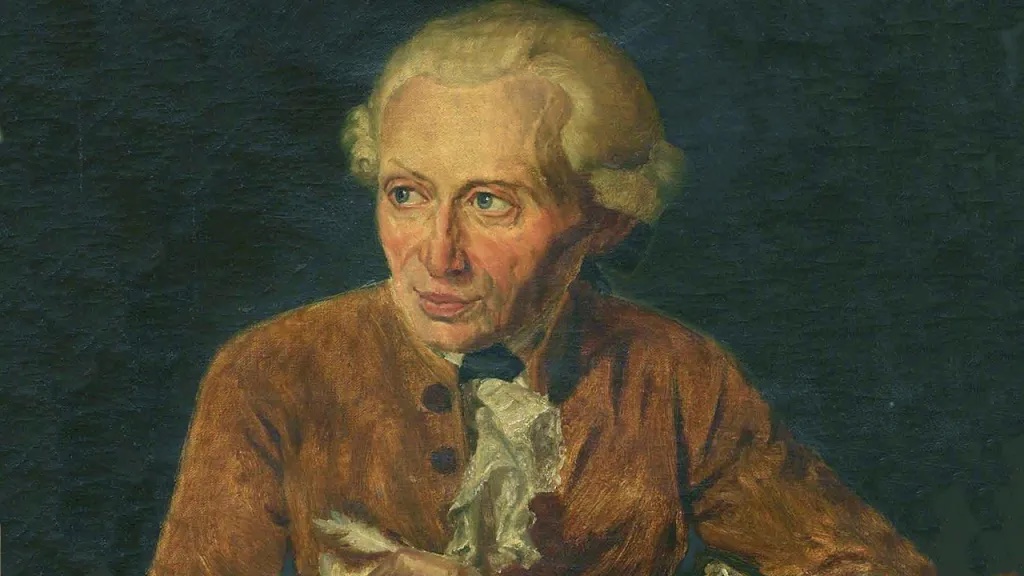Knowledge, Reason, Will, and Power

Immanuel Kant by Adolf von Heydeck, early 18th century
“Kant bifurcated reality into the phenomenal world (ideas) and the noumenal world (reality). Then the question became, well, what is the nature of this world of ideas? Hegel said it is reason. Schopenhauer, who hated Hegel, said it is will. Nietzsche said it is the will to power.”
Kant’s Bifurcated World: Phenomena and Noumena
Immanuel Kant (1724-1804) proposed a distinction between the world we experience (phenomena) and the world as it truly exists (noumena). He argued that the noumenal world is inaccessible to us directly, as our senses and cognitive faculties impose limitations on how we perceive reality.
Hegel’s Symphony of Reason: The Dialectic
Georg Wilhelm Friedrich Hegel (1770-1831) viewed history as a process driven by reason, unfolding through a dialectical process of thesis, antithesis, and synthesis. He believed that reality is a dynamic interplay of ideas progressing towards a state of absolute knowledge.
Schopenhauer’s Willful World: The Primacy of Desire
Arthur Schopenhauer (1788-1860) took a more pessimistic view, emphasizing the irrational force of the will as the driving force behind the universe. He argued that human life is ultimately a struggle against a blind and insatiable will, leading to inevitable suffering.
Nietzsche’s Will to Power: Embracing Change
Friedrich Nietzsche (1844-1900) challenged traditional morality and championed the concept of the “will to power.” He argued for the importance of self-overcoming, embracing challenges, and creating one’s own values in an ever-changing world.
The quote in the beginning is from a statement by Michael Malice in this clip on YouTube.